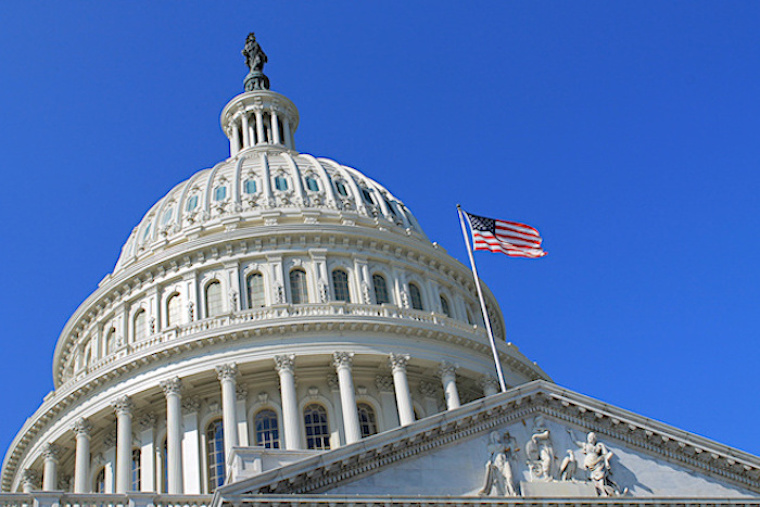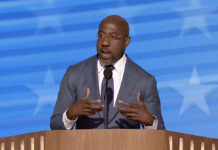
(GA Recorder) — The Georgia House and Senate gaveled in for a second day of lawmaking Wednesday. Both chambers passed resolutions laying out rules for the rest of the session, but one change has First Amendment advocates concerned.
Both chambers’ rules have new provisions shielding communication between lawmakers and third parties under legislative privilege.
“I expected the way this would play out is a member who may have questions – because we can’t all be experts on every issue that comes up before us – we rely on others who do have expertise, that that communication, in order to help us make those determinations, would be protected,” said Majority Leader Chuck Efstration, a Dacula Republican.
The Legislature has already exempted itself from the Open Records Act, which allows the public to access government records. The new rule would shield members from court proceedings as well, said Richard T. Griffiths, a spokesman and president emeritus for the Georgia First Amendment Foundation.
“It’s shielding anything that is potentially controversial, or where they might violate the law,” he said. “And that’s a big problem. It’s a major disappointment. They’re taking it beyond the Open Records Act exemption to a point where they are no longer accountable for what they say, what they hear on the Senate floor, in hearings. And that’s problematic.”
The rules packages including the change passed both chambers in a mostly party line vote.
Sen. Colton Moore, a Republican from Trenton, said Democrats were only trying to create problems by opposing the change.
“Do we not already have legislative immunity during session?” he asked. “If I’m speeding down Interstate 75 to get here, the executive branch cannot stop me. We should have the ability to speak freely with third parties about the legislative process. Hopefully, we will not become so divided in our society and in our government that I have to one day worry about a governor sending an executive branch or prosecuting me (because) of something I said to a third party.”
Democrats said they feared unintended consequences of the rule, including allowing members of the executive branch to enjoy legislative privilege for communications with legislators.
A separate rule in the House’s resolution adds committee hearings to the list of locations where cameras are not allowed without permission from the speaker. Previous rules banned cameras in the House, galleries, and lobbies.
“I have citizens that have come to testify in committee and giving testimony is a big deal to them, and they would like to have a family member take a video of them getting testimony,” said Rep. Becky Evans, a Democrat from Atlanta. “I’m very concerned about how this will be handled.”
Burns said members of the public will have access to any committee hearings through the state’s live recordings or video archives.
“All of our committee meetings are online videoed, and they are archived so that the member’s family or any other interested citizen would have access to that testimony at the committee meeting,” he said.
Video stream or no, the rule restricts the public’s right to know how the government works, Griffiths said.
“The fact is, a government controlled camera is not the same as cameras controlled by the public,” he said. “Government controlled cameras that record who might be speaking do not record other things that may be monumentally important but not on the camera that is being used at that moment.”







